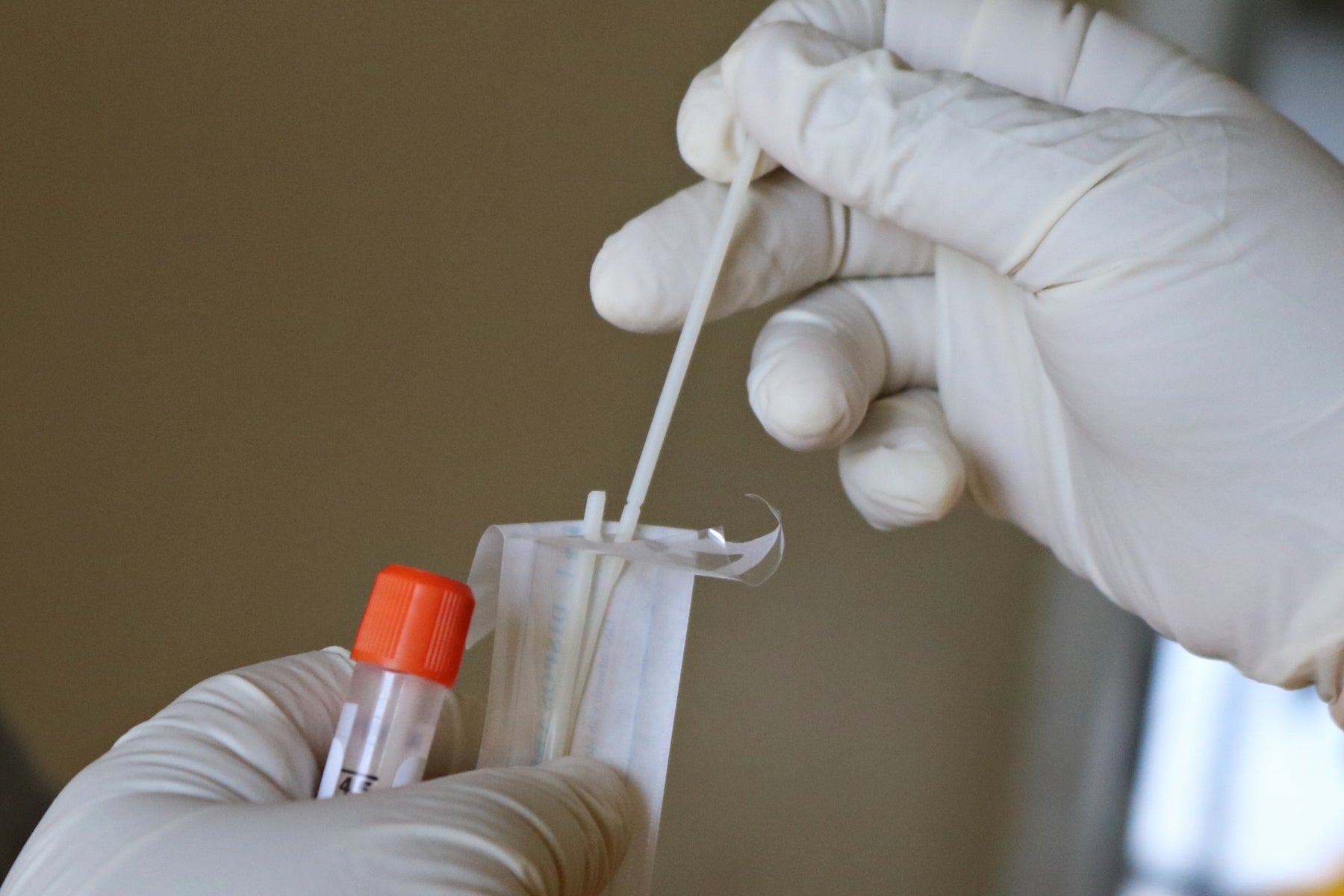
Genetics 101: 7 Advantages of Getting DNA Testing Done
Deoxyribonucleic acid (DNA) is a molecule that contains genetic instructions that are responsible for the development, functioning, growth, and reproduction of all living organisms. The DNA molecule is made up of four chemical bases, namely Adenine (A), Guanine (G), Cytosine (C), and Thymine (T), which are arranged in a specific sequence to form a code that determines an individual's physical and behavioral traits. The discovery of DNA and its structure has revolutionized the field of genetics, including the development of DNA testing.
DNA testing involves the collection of a sample of an individual's DNA, which can be obtained from various sources, such as blood, saliva, or hair. The sample is then sent to a laboratory and analyzed using techniques such as polymerase chain reaction (PCR), DNA sequencing, and microarray analysis. DNA testing yields various benefits, such as:
1. Provides Information on Ancestry
One of the primary benefits of DNA testing is that it provides individuals with information about their ancestry. DNA testing can reveal a person's ethnic and geographic origins and genetic relatedness to other individuals and populations.
For example, a person can take a DNA test and discover their ancestry from multiple continents or specific regions within a continent. This information can help individuals better understand their family history and cultural heritage, and they can also use this information to connect with relatives they may not have known existed. This is helpful for adopted individuals or with limited knowledge about their biological family.
2. Understand Your Physical Condition Better
DNA testing lets people know about their physical health and potential medical conditions. DNA testing can identify genetic markers associated with certain diseases, such as breast cancer or Alzheimer's, allowing individuals to take preventative measures or make lifestyle changes to reduce risk.
In addition, DNA testing can also provide information about an individual's response to certain medications, helping healthcare providers tailor treatment plans to the patient's specific needs. This can lead to more effective and personalized healthcare.
3. Determine Dietary Requirements
DNA testing can also provide insight into an individual's dietary needs and preferences because genetic markers indicate a person's likelihood of developing conditions such as celiac disease or lactose intolerance. Other markers can suggest a person's sensitivity to certain nutrients, such as vitamin D or iron. By understanding their genetic makeup, individuals can tailor their diets to meet their needs to improve their health and well-being.
4. Reports on Disease Risk
Disease risk is another area where DNA testing can provide valuable information. Genetic testing can identify specific genetic mutations or variations that increase a person's risk for developing certain diseases, such as breast cancer or Alzheimer's disease. With this information, individuals can take proactive steps to manage their health and reduce their risk of developing these conditions.
5. Skin Conditions
The skin is the largest organ in the human body, and genetic testing can provide important information about a person's skin health. Genetic variations can increase a person's risk of developing skin conditions such as psoriasis or eczema. DNA testing can also reveal a person's risk for skin cancer, such as melanoma, and provide information on how to prevent or manage these conditions. Beyond that, DNA testing can identify genetic variations that affect a person's skin sensitivity to certain medications or products, allowing for more personalized treatment plans.
6. Addiction Tendencies
Developing addictions is a complex interplay between genetic and environmental factors. While DNA testing cannot predict whether a person will develop an addiction, it can provide information about their susceptibility to addiction. DNA testing can identify gene variations that affect how the brain responds to drugs or alcohol. This information can be used to develop personalized treatment plans for individuals struggling with addiction.
7. Provides Prospects for Family Planning
DNA is passed on from generation to generation, and DNA testing can provide valuable information for family planning. For example, carriers of certain genetic mutations that increase the risk of inherited diseases, such as cystic fibrosis, sickle cell anemia, or Huntington's disease, can use DNA testing to determine their chance of passing the mutation to their children. This information can help individuals make informed decisions about family planning, such as whether to have children naturally, pursue adoption, or use assisted reproductive technologies.
Conclusion
DNA testing is a powerful tool that has revolutionized the field of genetics and has numerous applications in medicine, forensic science, and ancestry research. For this reason, everyone is encouraged to get it done, especially if they have a family history of genetic disorders or are planning to have children. All that matters is that the testing is done by a qualified and reputable laboratory and interpreted by a qualified healthcare professional.
If you’re looking for a DNA test with fast results, RSC Health can help you! We offer testing services, such as for STDs, drugs, and wellness, to ensure you make the best decisions regarding your health. Reach out today via the contact form to get started
